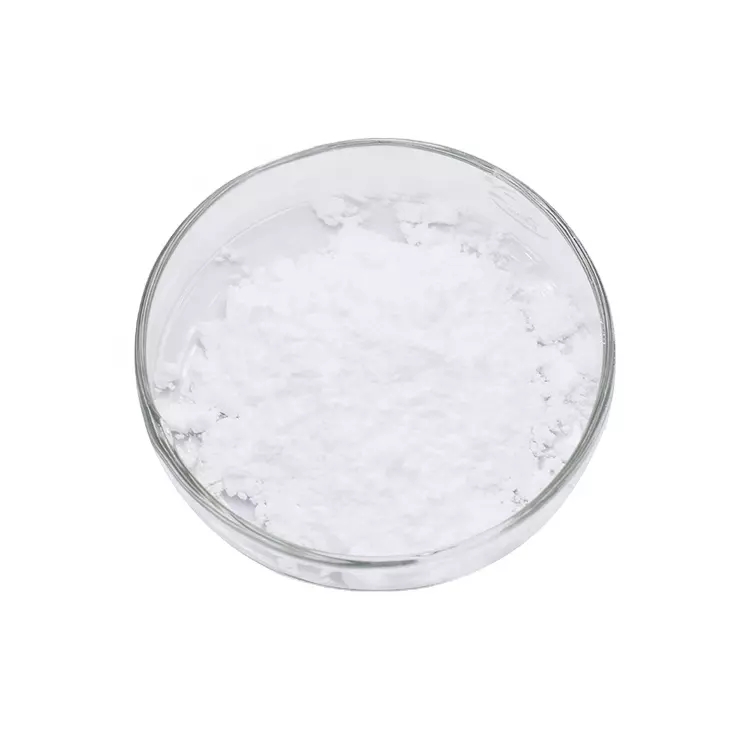Warning: Undefined array key "title" in /home/www/wwwroot/HTML/www.exportstart.com/wp-content/themes/1198/header.php on line 6
Warning: Undefined array key "file" in /home/www/wwwroot/HTML/www.exportstart.com/wp-content/themes/1198/header.php on line 7
Warning: Undefined array key "title" in /home/www/wwwroot/HTML/www.exportstart.com/wp-content/themes/1198/header.php on line 7
Warning: Undefined array key "title" in /home/www/wwwroot/HTML/www.exportstart.com/wp-content/themes/1198/header.php on line 7
- Afrikaans
- Albanian
- Amharic
- Arabic
- Armenian
- Azerbaijani
- Basque
- Belarusian
- Bengali
- Bosnian
- Bulgarian
- Catalan
- Cebuano
- China
- China (Taiwan)
- Corsican
- Croatian
- Czech
- Danish
- Dutch
- English
- Esperanto
- Estonian
- Finnish
- French
- Frisian
- Galician
- Georgian
- German
- Greek
- Gujarati
- Haitian Creole
- hausa
- hawaiian
- Hebrew
- Hindi
- Miao
- Hungarian
- Icelandic
- igbo
- Indonesian
- irish
- Italian
- Japanese
- Javanese
- Kannada
- kazakh
- Khmer
- Rwandese
- Korean
- Kurdish
- Kyrgyz
- Lao
- Latin
- Latvian
- Lithuanian
- Luxembourgish
- Macedonian
- Malgashi
- Malay
- Malayalam
- Maltese
- Maori
- Marathi
- Mongolian
- Myanmar
- Nepali
- Norwegian
- Norwegian
- Occitan
- Pashto
- Persian
- Polish
- Portuguese
- Punjabi
- Romanian
- Russian
- Samoan
- Scottish Gaelic
- Serbian
- Sesotho
- Shona
- Sindhi
- Sinhala
- Slovak
- Slovenian
- Somali
- Spanish
- Sundanese
- Swahili
- Swedish
- Tagalog
- Tajik
- Tamil
- Tatar
- Telugu
- Thai
- Turkish
- Turkmen
- Ukrainian
- Urdu
- Uighur
- Uzbek
- Vietnamese
- Welsh
- Bantu
- Yiddish
- Yoruba
- Zulu
Oct . 13, 2024 08:25 Back to list
Comparing Sucralose and Aspartame for Sugar Alternatives in Food and Beverages
Sucralose vs. Aspartame A Sweet Comparison
In the world of artificial sweeteners, sucralose and aspartame are two of the most commonly used sugar substitutes. Both are popular among those looking to reduce their calorie intake, manage weight, or control blood sugar levels. However, each sweetener has distinct characteristics, benefits, and potential drawbacks that make them unique. This article will explore the differences, uses, and considerations surrounding sucralose and aspartame.
What Are Sucralose and Aspartame?
Sucralose is a zero-calorie sweetener derived from sugar through a multi-step chemical process that selectively replaces certain hydrogen-oxygen groups with chlorine atoms. It is known for its high sweetness potency, estimated to be about 600 times sweeter than sucrose (table sugar), while retaining a taste profile that closely resembles sugar. Sucralose is often used in beverages, baked goods, and other food products due to its stability under heat, making it ideal for cooking and baking.
Aspartame, on the other hand, is a low-calorie sweetener made from two amino acids aspartic acid and phenylalanine. It is approximately 200 times sweeter than sugar and is commonly found in diet sodas, sugar-free gum, and various low-calorie food products. Notably, aspartame is not heat-stable, meaning it loses sweetness when exposed to high heat, which limits its use in cooking or baking.
Health and Safety
Both sucralose and aspartame have undergone extensive safety testing and have been deemed safe for consumption by numerous health agencies, including the U.S. Food and Drug Administration (FDA) and the European Food Safety Authority (EFSA). However, there are some considerations regarding their impacts on health.
sucralose ou aspartame

Aspartame is notorious for causing adverse reactions in individuals with phenylketonuria (PKU), a rare genetic condition that prevents the metabolism of phenylalanine. People with PKU must avoid aspartame to prevent serious health issues. For the general population, research has not conclusively linked aspartame with any significant health risks, although some individuals report sensitivity to it.
Sucralose, while generally considered safe, has faced scrutiny due to its potential effects on gut health. Some studies indicate that sucralose may alter gut microbiota, which could have implications for metabolic health. Additionally, when heated to high temperatures, sucralose can break down into potentially harmful compounds, though this typically occurs at levels far above those found in normal food preparation.
Taste and Use in Products
Taste is subjective, and individual preferences may vary significantly between sucralose and aspartame. Many users report that sucralose has a cleaner, sugar-like taste without a significant aftertaste, making it more appealing in certain products. Aspartame, while also sweet, is often described as having a slightly different flavor profile and can leave a lingering aftertaste that some consumers find off-putting.
In the marketplace, both sweeteners are prevalent. Sucralose is often marketed under the brand name Splenda, while aspartame is recognized under brand names like Equal and NutraSweet. As a result, consumers may choose between them based on personal taste preferences, dietary needs, or health considerations.
Conclusion
Sucralose and aspartame both offer viable alternatives to sugar, each with its own unique advantages and disadvantages. While sucralose is suitable for cooking and provides a versatile sweetness, aspartame remains a popular choice for beverages and ready-to-eat products. Ultimately, the choice between these artificial sweeteners comes down to personal preference and dietary requirements. As with any consumable, moderation is key, and those considering artificial sweeteners should remain informed about their choices to make the best decisions for their health and lifestyle.
Latest news
-
Certifications for Vegetarian and Xanthan Gum Vegetarian
NewsJun.17,2025
-
Sustainability Trends Reshaping the SLES N70 Market
NewsJun.17,2025
-
Propylene Glycol Use in Vaccines: Balancing Function and Perception
NewsJun.17,2025
-
Petroleum Jelly in Skincare: Balancing Benefits and Backlash
NewsJun.17,2025
-
Energy Price Volatility and Ripple Effect on Caprolactam Markets
NewsJun.17,2025
-
Spectroscopic Techniques for Adipic Acid Molecular Weight
NewsJun.17,2025

